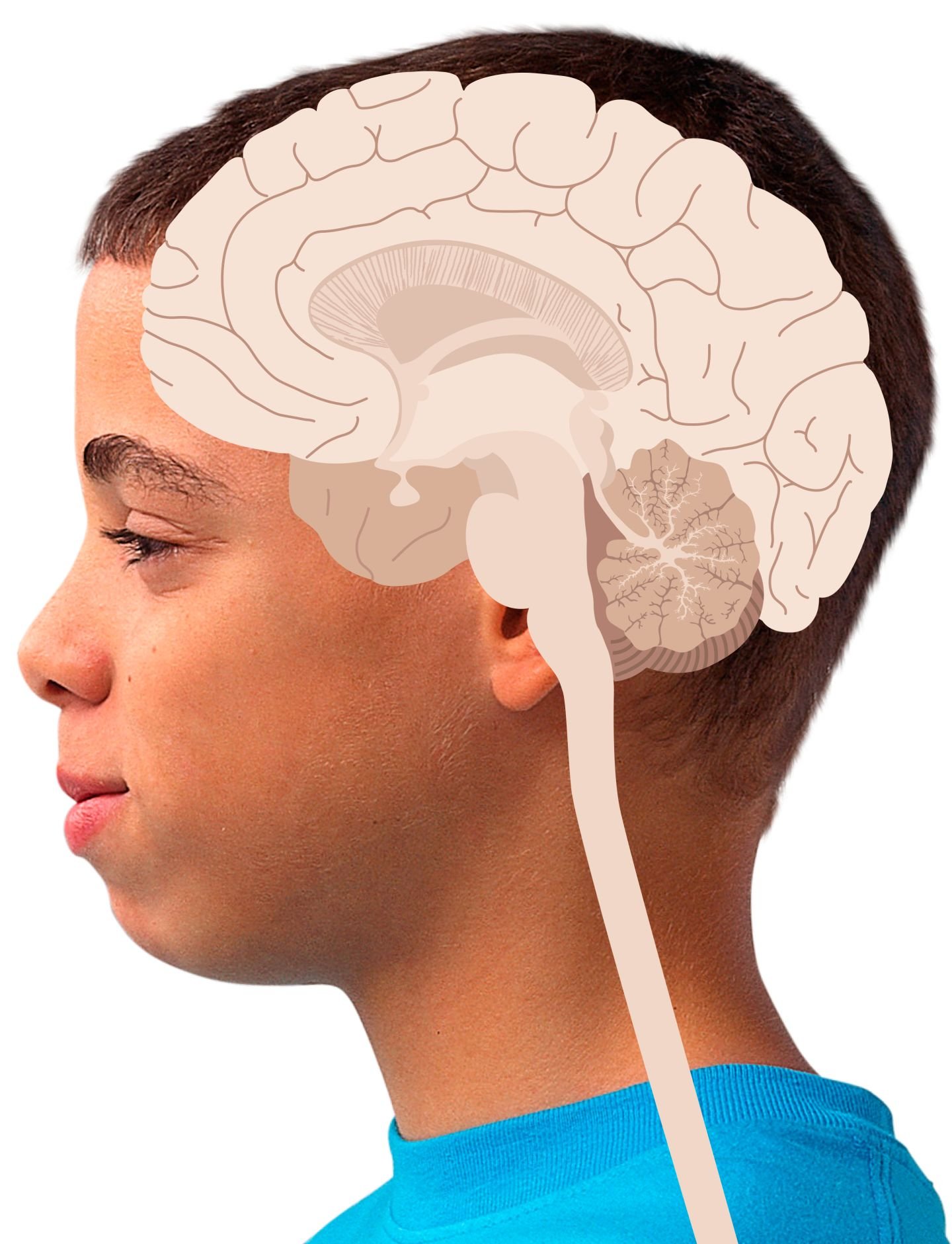Our memories often seem ephemeral, coming and going without any obvious reasons. Researchers at UCLA seem to have come up with a way to bring some memories back that would probably otherwise have gone missing forever.
The team relied on transcranial direct current stimulation (tDCS), a technology that can direct low energy electricity into specific parts of the brain. Based on previous research, the team targeted the left rostrolateral prefrontal cortex, which is associated with abstract thought and processing signals coming from other parts of the brain. What they discovered is that people who received targeted tDCS were able to recall words presented just the day before much better than those whose brains were not stimulated.
“We found dramatically improved memory performance when we increased the excitability of this region,” said Jesse Rissman, a UCLA assistant professor of psychology, psychiatry and biobehavioral sciences, in a published press release. “We think this brain area is particularly important in accessing knowledge that you formed in the past and in making decisions about it.”

Discover The World's MOST COMPREHENSIVE Mental Health Assessment Platform
Efficiently assess your patients for 80+ possible conditions with a single dynamic, intuitive mental health assessment. As low as $12 per patient per year.
The research involved young adults with a mean age of 20 who were asked to try to memorize 80 words, do a bit of cognitive play with them, and then recall them the following day. Some in the study received sham treatment while others had the left rostrolateral prefrontal cortex properly stimulated while trying to recall the words from the previous day.
It was shown that the folks who received proper stimulation were able to successfully recall various words about 15% better than when those same people got sham treatment.
The research has potential in helping to treat conditions that affect memory function, but perhaps also to give all of us pretty impressive memory capabilities.

